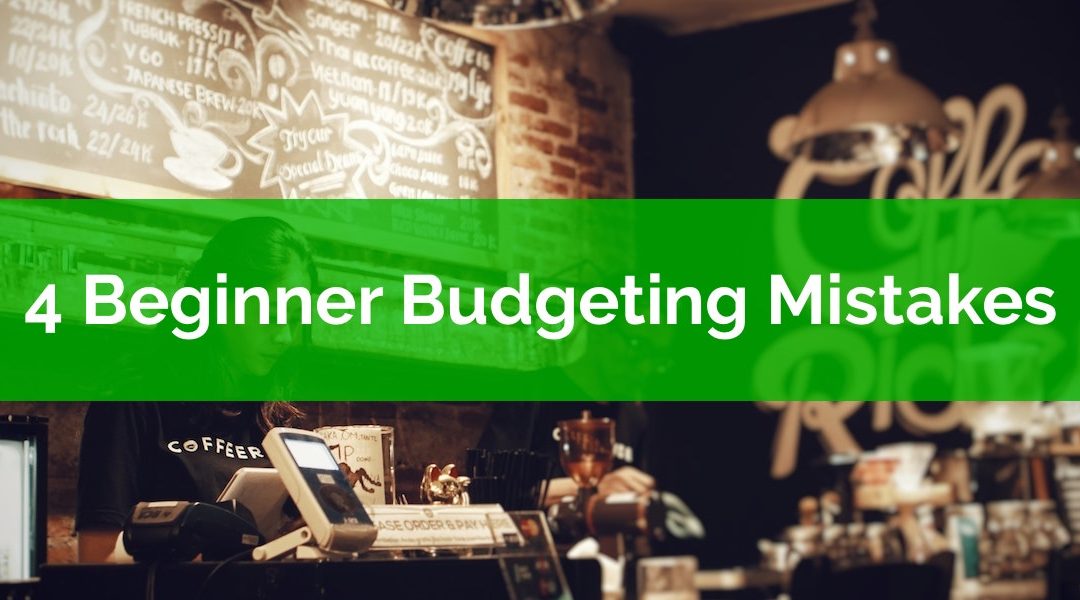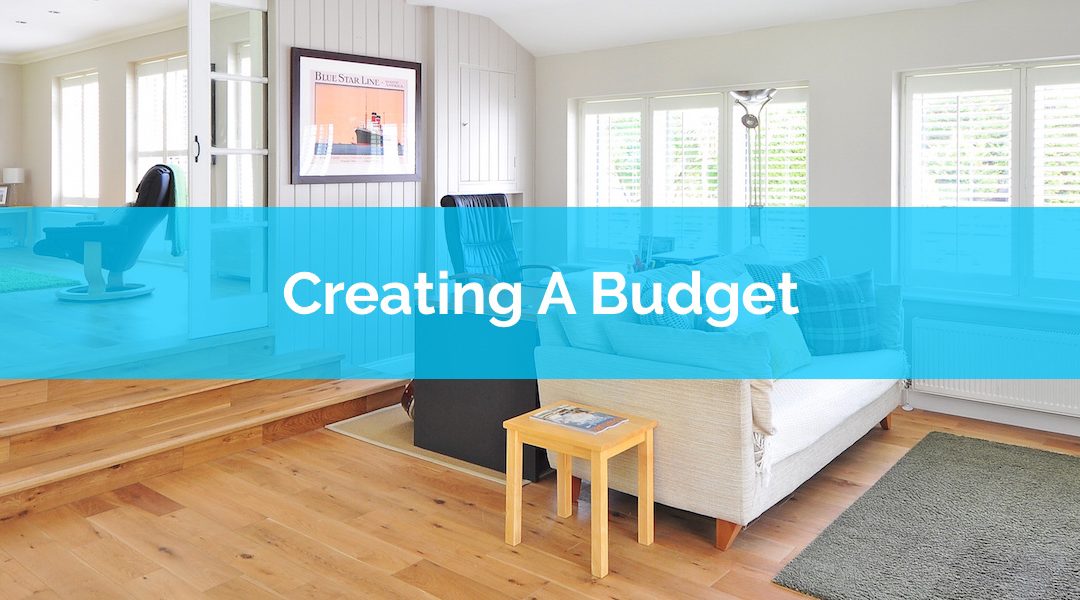
by Owen | Apr 23, 2018 | Budgeting
No one was born budgeting. It’s not an innate skill we possess. Babies don’t instinctively learn how to walk, talk and budget. There aren’t any kids’ shows about budgeting. In high school we don’t learn how to budget. Maybe you had a part time job, but I’m guessing you didn’t budget.
I’m willing to bet that for most of us our first experience with a budget was when we were already adults.
We all need to start budgeting at some point and when we do, we all make mistakes. Budgeting isn’t easy. It takes skill and practice to be a good budgeter. It might take a few attempts to figure out a good budget for your unique situation.
Remember, no one was born a budgeter, it’s a skill you need to work on. But there are definitely a few beginner budgeting mistakes that you can try to avoid.

by Owen | Mar 26, 2018 | Budgeting, Saving Money
Saving money is a very personal thing. Everyone values things differently. You and I each have our own personal values. What we like. What we dislike. Even if we have the same income and live in the same area we’re still going to have very unique budgets because we value things differently.
Take me for example. I value time and freedom. I value time with my family and friends. I value the freedom to choose how I spend my time. I value these things more than other things and I’m willing to make sacrifices to give me more time and freedom.
My budget reflects what I value. I save money on things that I don’t value and I spend money on things that I do. Some things I choose to save money on might seem crazy to you, or it might seem normal, it all depends on what you value.
I’m going to share with you five crazy things that I like to do to save money. Depending on what you value, you might I’m absolutely insane, or you may think I’m completely normal.
What crazy ways do you save money? What do you value? Make a comment at the end of the post.

by Owen | Feb 26, 2018 | Budgeting, Buying A Home
Before thinking about buying a home you need to decide how much house you can afford. Housing represents 35%+ of a typical household budget but buying the right amount of house will depend on your other financial goals.
Buying a house is one of the biggest financial decisions you’ll ever make. Amazingly, about half of us will make this decision before our 30th birthday.
According to Statistics Canada 50.2% of Canadians have purchased a home by age 30. Not surprisingly this is down from previous generations where 55.5% had already purchased their first home by age 30.
Making one of the biggest financial decisions of your life can come with a lot of questions, especially when you’re making this decision at such a young age.
One of those questions might be “how much house can I afford”?
Like many big questions, there isn’t just one answer. If anything, this question just causes more questions.
To figure out how much house can you can afford, you really need to ask yourself a few more questions before coming to the right answer.

by Owen | Jan 15, 2018 | Budgeting, Saving Money
The average person makes anywhere from 100 to 200+ transactions per month. It’s unlikely that the average person can recall each and every transaction they’ve made over the last month (heck, sometimes I can’t even remember what I DID yesterday let alone what I spent money on).
Having a short memory makes us terrible at understanding our spending habits. Some people are natural budgeters, they can recall perfectly what they spend their money on. But for the majority of us, we need to track our spending to understand where our money is going.
Tracking your spending doesn’t have to be difficult. With the help of technology it can be super easy. Even going old school with pen & paper isn’t that difficult.
Tracking your spending is the only real way to understand your spending habits and make changes.

by Owen | Jan 1, 2018 | Budgeting, Financial Planning
I’m not sure what it is, but I love reading about other peoples’ personal finances.
Maybe it’s because talking about our personal finances is somewhat taboo.
Or maybe it’s because I’m a personal finance geek and I love to see how other people organize their financial life.
Whatever the reason, I love learning about another person’s finances.
Because I know there are other personal finance “voyeurs” our there I thought it would be fun to share a bit myself. In this blog post I’m going to give you a glimpse at my own personal finances and share my family’s budget for 2018.
Three times a year my wife and I sit down and review our financial plan. We go over our investments, our asset allocation, our income and our expenses. We make small changes and tweaks to ensure we stay on track with our overall financial plan. Having a solid budget is an important tool for achieving your financial goals.
So, without further delay, here is my family budget for 2018.

by Owen | Dec 25, 2017 | Budgeting
When creating a budget, it can be very tempting to get into the nitty gritty right off the bat. Don’t fall into this trap!
The majority of our spending is driven by just a couple of things, accidentally focusing on the small stuff can be a real time waster. Even worse, spending too much time on the small stuff can be very frustrating, it could cause you to abandon your budget all together.
When you look at average household spending are certain patterns that emerge. Some budget categories are very small and some are very large. This obviously varies from person to person but in on average the trend is very clear. There are just three budget categories that make up almost 70% of annual spending.
Those three categories are housing, transportation and food.
When you’re trying to balance your budget, it helps to focus on these three categories first.
Why?
Improvements in these three categories will give you the biggest savings for your effort.
These three categories represent the “big stuff”. They make up the majority of your spending. Even a small improvement here can make a big difference to your overall budget.
As a bonus, improvements made in these three categories are easier to maintain. After making a change its typically easier to sustain spending reductions when it’s in housing, transportation and food.
Page 10 of 12«...89101112»






